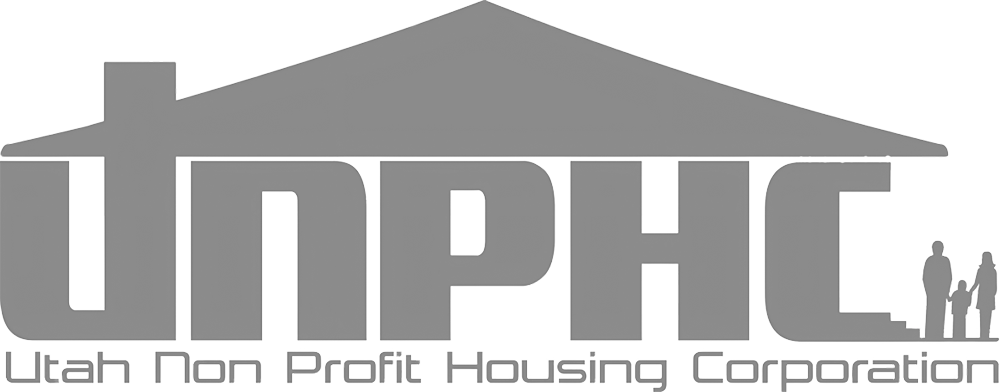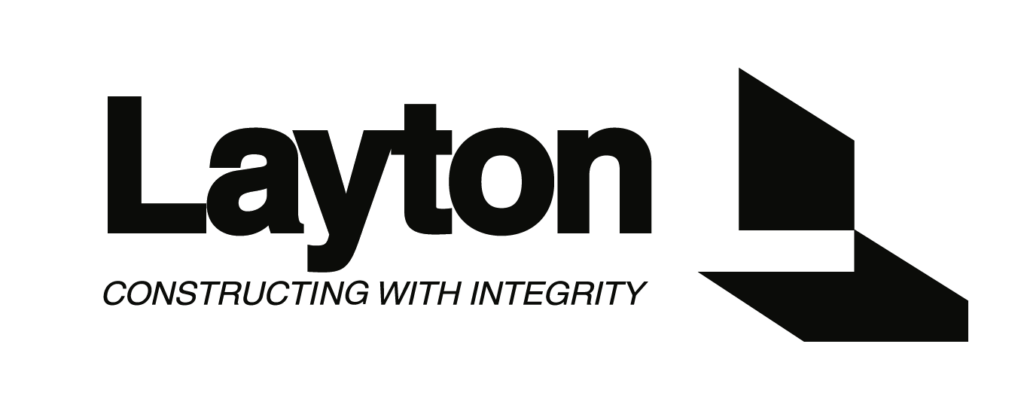Fast and accurate background checks
We provide comprehensive, affordable, timely, and accurate pre-employment and tenant background screening solutions to organizations of all sizes and industries.
No contracts, no minimums.

Trusted by 500+ businesses just like you





Our Services
Helping you protect your business
We offer a comprehensive suite of screening services to meet the demands of almost any company and industry, as well as most landlords and property managers for both single-family and multi-family properties.
-
Pre-employment screening
- We provide fast and accurate background screening for new hires or current employees.
-
Tenant screening
- Understand who your prospective tenants are before you rent to them.
-
Instant drug tests
- To reduce your risk of litigation, we offer many drug testing and health screening options.
-
Cybersecurity & IT
- We offer managed cybersecurity and IT services to support your business needs and enhance your protection.
- Searches processed in 2024
- 30,000+
- Accuracy rate
- 99.98%
- Average TAT
- 24-48h
Frequently asked questions
Can’t find the answer you’re looking for? Reach out to our customer support team.
- Do you have contracts?
- No contracts, no commitments—just pay per report.
- How fast do you deliver reports?
- Most reports are ready in 24 hours, with same-day options for urgent needs.
- What support is provided?
- Full support from start to finish, plus Adverse Action and state compliance help for every client.
- Do you offer custom packages?
- Yes, we can build custom packages for you—just reach out to our team.
- Are your checks legally compliant?
- Yes, 100% compliant with FCRA and state laws—always.
- Do I have to manually enter applicant info?
- You can send an AppScreen invite for applicants to fill out their own details.
- Can the applicant pay for the background check?
- Yes, we can bill applicants directly during the application process at no cost to you.
Ready to get started?
Make informed decisions with ease. Choose Western Verify for fast and accurate background screening today!


